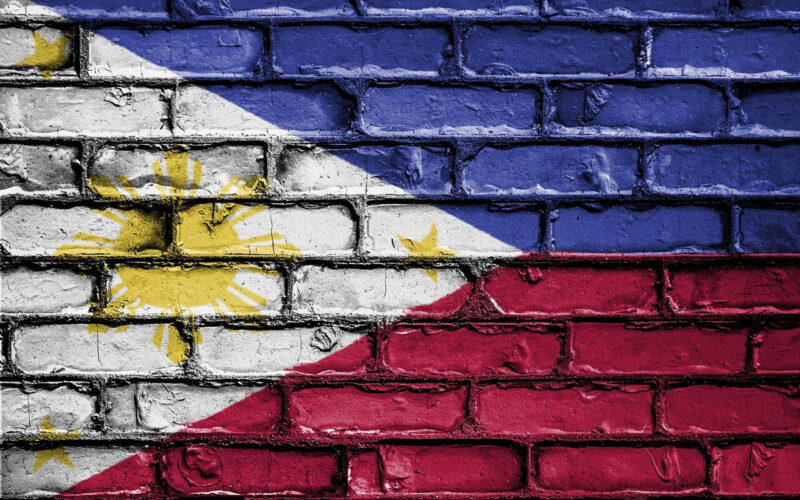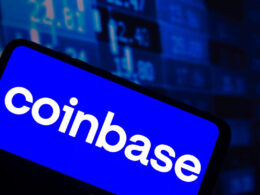The Philippines Bureau of the Treasury has announced its plan to issue tokenized Treasury bonds for the first time on Monday after canceling a traditional auction initially scheduled for the same day. This move marks a significant step toward the expansion of the country’s domestic debt market, as the government aims to modernize its financial infrastructure.
Tokenized Treasury Bonds for Institutional Buyers
The Bureau of the Treasury plans to offer at least 10 billion pesos (approximately $179 million) worth of one-year tokenized bonds. These bonds are specifically designed for institutional buyers, including state-owned financial institutions such as the Development Bank of the Philippines and the Land Bank of the Philippines. Institutional buyers can purchase these tokenized bonds in minimum denominations of 10 million pesos, with increments of 1 million pesos.
With a maturity date set for November 2024, these one-year bonds provide an attractive investment avenue for institutional participants.
“The government will continue to study the technology and test how far we can take it,” says Deputy Treasurer Erwin Sta.
The Potential Benefits of Distributed Ledger Technology (DLT)
The issuance of tokenized Treasury bonds will utilize distributed ledger technology (DLT) as part of a proof of concept. While the DLT registry plays a crucial role, the official record of the bonds will be maintained in the National Registry of Scripless Securities (NRoSS) alongside the blockchain system.
By leveraging blockchain technology, the government aims to showcase the potential benefits of DLT in the financial markets, including reduced settlement risk and increased efficiency. This move also presents an opportunity to explore ways to decrease issuance and administration costs, potentially allowing for smaller denominations or fractionalization of bonds.
This initiative follows a previous instance of blockchain usage for government bonds in the Philippines in 2020. The app bonds.ph employed a blockchain solution to enable consumers to purchase Retail Treasury Bonds (RTB).
Tokenized Bonds in Asia and Beyond
The Philippines’ decision to issue tokenized bonds reflects a broader trend among Asian governments in exploring the tokenized bond market. Hong Kong issued $100 million in tokenized green bonds in February under its Green Bond Program, utilizing Goldman Sachs’ tokenization protocol. The Central Bank of Hong Kong also emphasized the potential for tokenization to improve efficiency, liquidity, and transparency in bond markets.
Singapore has initiated pilots for tokenizing real-world assets in collaboration with JPMorgan, DBS Bank, BNY Mellon, and Apollo. The United Arab Emirates has partnered with HSBC for the tokenization of bonds. Israel’s Tel Aviv Stock Exchange has completed a proof-of-concept for tokenizing fiat and government bonds.
Furthermore, SC Ventures, the innovation and fintech investment wing of Standard Chartered, has introduced Libeara, a tokenization platform aimed at democratizing investment and creating more accessible, transparent, and secure markets. The platform will provide the first tokenized Singapore dollar government bond fund for accredited investors.
Governments around the world, including major financial institutions such as JPMorgan and HSBC, are increasingly exploring blockchain-based tokenization of real-world assets. The European Investment Bank (EIB) has issued multiple tokenized bonds, and the World Bank issued a €100 million digitally native bond in October.
Tokenized Treasury bonds signify the continued integration of blockchain technology into the global financial landscape, unlocking new possibilities for efficiency and accessibility in bond markets.
















